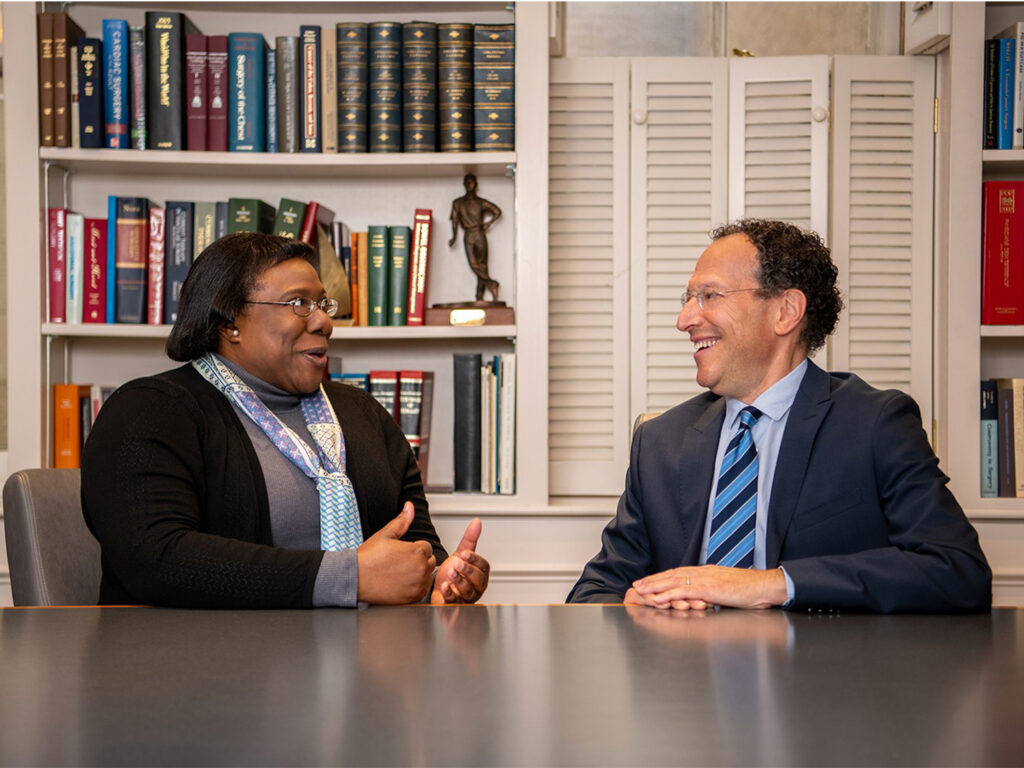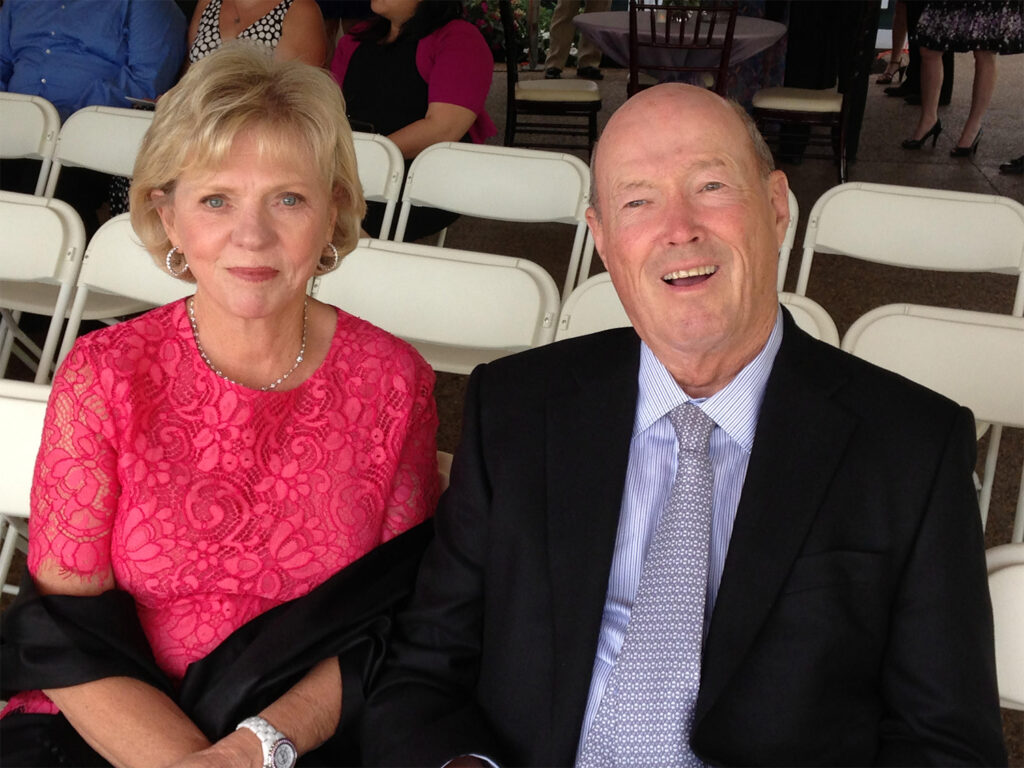Erin Stevens, DO, is a Massachusetts General Hospital geriatrician and palliative care physician. She is involved with the Dementia Co-Management Clinic Pilot, an initiative to improve care for people with cognitive concerns or who have been diagnosed with dementia.
Should I be worried if I forget things sometimes?
There are some memory changes we experience as a part of normal aging. As we age, our brain slows down, so we forget things and tasks can take longer.
For example, a young person can assemble a 500-piece puzzle in a half hour. A person with normal, age-related memory loss, may need an hour to finish that same puzzle. That same person may occasionally forget where she parked her car and that would be normal. But it would not be part of normal aging if she forgot what type of car she drives — that could be a sign of dementia.

Are there risk factors for dementia?
The older we live to be, the more of a chance we have of getting dementia. Other risk factors include a family history of the disease, vascular disease or untreated depression. One good rule of thumb: Things that are bad for your heart, such as smoking, excessive weight and a sedentary lifestyle, are also bad for your brain.
How can I tell if memory loss is caused by cognitive decline, such as dementia or Alzheimer’s disease?
At first, it can be difficult. Memory is only one of several factors that physicians consider when diagnosing dementia. Dementia, which has many subtypes, including Alzheimer’s disease, typically starts after age 65.
To return to the puzzle task, a patient with dementia or Alzheimer’s disease may not be able to complete the puzzle. She might get confused about whether she began it. She might forget the word to describe “puzzle.” Other signs include trouble learning new tasks and doing things that are socially inappropriate.
A person with dementia may not remember that he has keys, or that he misplaced them.
Most importantly, dementia and Alzheimer’s will affect a person’s ability to do daily tasks — like taking medications, bathing and dressing, paying bills, cooking meals and running errands. Normal memory changes associated with aging should not affect someone’s ability to do these tasks.
With normal aging, people might complain that they lost their keys, but remember that they have misplaced them. They can discuss that situation in detail. A person with dementia may not remember that he has keys, or that he misplaced them. He might forget the name for keys and say something like, “I can’t find those things that I use for … you know what I mean.”
Why should I discuss memory loss with my doctor?
Not all memory loss is due to dementia. Some causes are reversible and a doctor or healthcare provider can make that determination. Medications and certain metabolic disorders, such as kidney and liver impairment, can affect memory. When these disorders are treated, memory loss can improve. Providers have a range of tests from a three-question bedside screening, to a 15-minute bedside assessment, to a referral for a more involved assessment with a neuropsychologist.
As a patient is undergoing evaluation, and especially after a diagnosis is made, assistance is available. There are medications that may help slow memory decline, clinical trials and the Dementia Caregiver Support Program, a new program at Mass General providing support and education for this population.
How does the new clinic that you are leading fit in?
Mass General’s Dementia Co-Management Clinic Pilot is an initiative that will help primary care physicians improve care for patients with dementia and cognitive complaints. Currently Katlyn Breton, a geriatric nurse practitioner, is providing comprehensive geriatric assessments including cognitive evaluations. Together, we review the patients and make recommendations to the primary care physician.
We know a lot more about dementia and the needs of these patients and families.
Often patients and their caregivers are given a diagnosis and not seen again for up to 6 months. We plan to see patients as frequently as needed, based on their medical and caregiver needs. We want patients and their families to feel supported in this diagnosis.
What is Massachusetts’s new law?
A new law requires physicians to inform a patient of a dementia diagnosis. Physicians must get permission from the patient to share the diagnosis with a caregiver or healthcare proxy. If the patient cannot grant permission, the physician must still disclose the diagnosis to a caregiver or proxy. What we have seen is that physicians only diagnosis about half of patients with dementia. Of the patients diagnosed — surprisingly — only half are informed.
It’s shocking how often I meet a caregiver who tells me that this is the first time she is hearing that her loved one has dementia. Sometimes, this is due to not being informed by the doctor and other times the diagnosis was too much for the patient and their family to process.
At Mass General, we hope to work on improving care for this patient population. We know a lot more about dementia and the needs of these patients and their families. There is a lot we can do to help.
To make a donation to support the Division of Palliative Care and Geriatric Medicine, please contact us.







